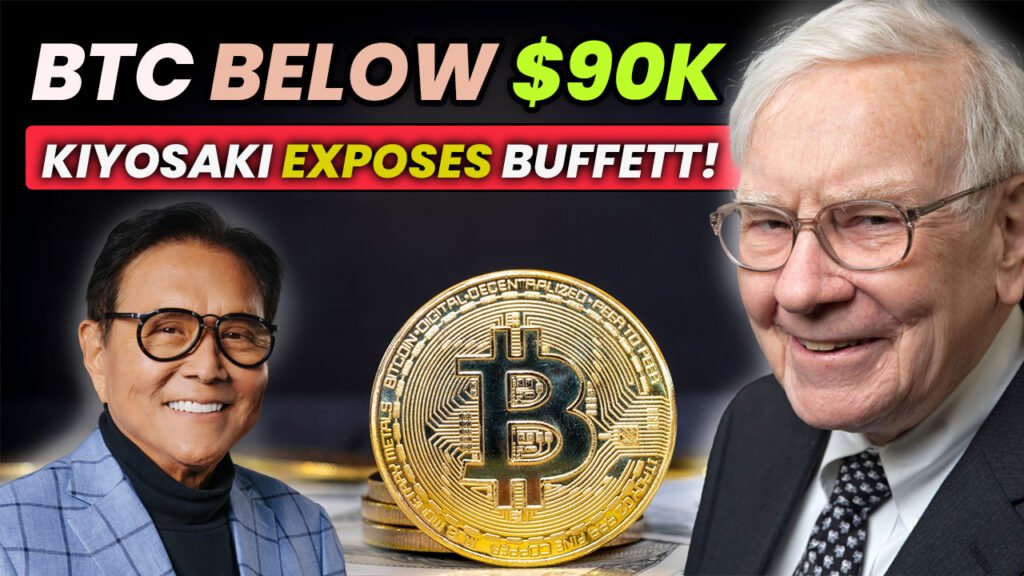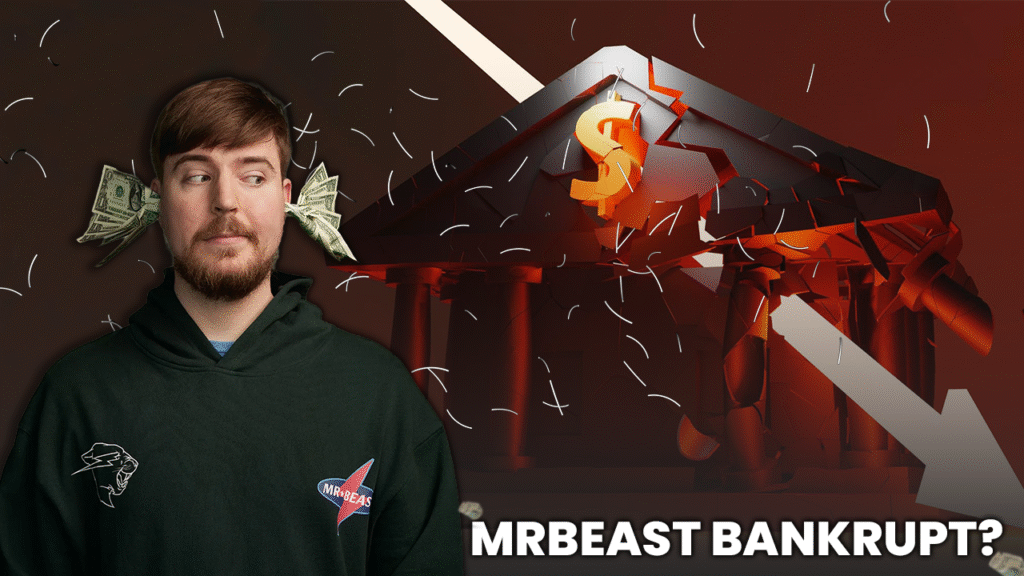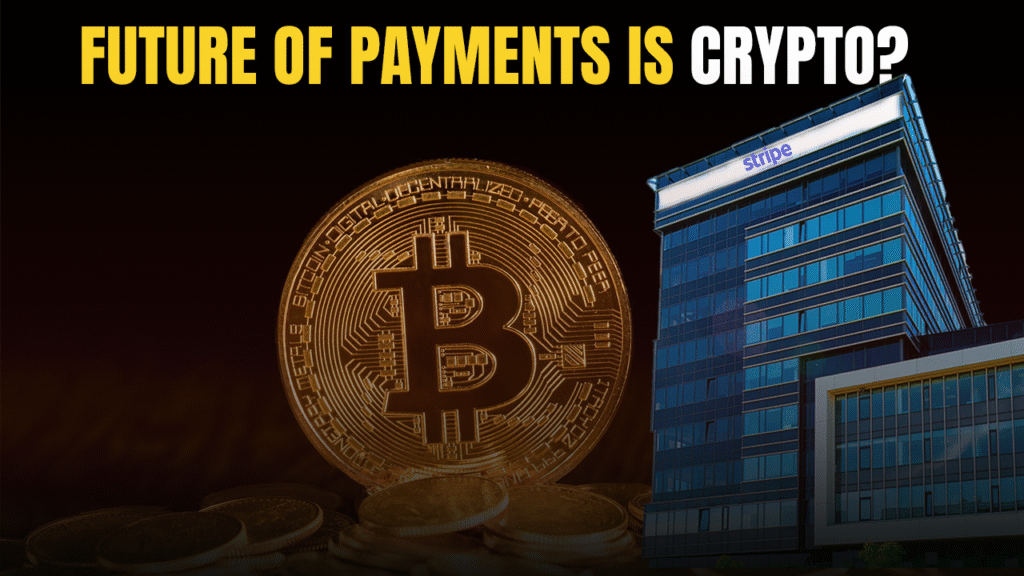
The sudden drop of Bitcoin below the level of 90,000 on Wednesday has caused another ideological clash between two of the most influential people in the world of finance, personal-finance author Robert Kiyosaki and billionaire investor Warren Buffett. With the market feeling a bit shaky and traders waiting to see further downside, Kiyosaki took the opportunity to reiterate his unchanging faith in Bitcoin, at the same time, accusing Buffett of trying to hold on to an old paradigm of wealth management.
The biggest cryptocurrency in the world, which has been in an extreme trend of increase throughout the year, experienced a corrective process in the course of the week because of bigger risk-off flows in global markets. Analysts explain the dip by renewed energy in the U.S Treasury yields, unrelenting inflation anxiety, and profit-booking following the strong gain by Bitcoin. The long-term crypto supporters, such as Kiyosaki, have not been stopped by these headwinds.
Kiyosaki, a famous author of the bestseller Rich Dad Poor Dad, reacted to the drop of Bitcoin by once again criticising Buffett on his long-standing position on crypto. Buffett has been quoted as saying that cryptocurrencies are unproductive and speculative, with no inherent value. Kiyosaki, though, believes that this view is living in the past and cannot explain the structural changes that define the new age of finance.
In a series of posts addressed to his followers, Kiyosaki emphasised what he believes is the evolving psychology of money. He says that institutional adoption, decentralised networks, and a more sceptical populace are the forces driving modern markets to form a new paradigm, which old investors, such as Buffett, are underestimating.
Kiyosaki, in a previous commentary that resurfaced with the dip of Bitcoin, said that Buffett is a symbol of the old world. Bitcoin is the future. His fresh comments this week bore the same point that it is not temporary volatility that should make one give up on the asset, but that it is an opportunity to accumulate.
Buffett, in his turn, is adamant in his opinion. In the case of Berkshire Hathaway, he still prefers to stick with investments in long-standing companies, consumer-staple giants, as well as U.S Treasuries. His style emphasises the predictable cash flows, real-life earnings, and long-term compounding, a philosophy which has characterised his career over a period of over 60 years. Buffett has made several attempts to say that he would never spend any money to purchase all Bitcoin in the world worth 25 dollars because he is convinced that it does not bring anything.
Kiyosaki, however, holds that this traditionalist perspective does not succeed in an age of increasing world debt, currency debasement, and geopolitical discontinuity. The author has continually encouraged the followers to diversify their investments beyond the traditional assets, promoting investments in gold, silver, and, more aggressively, in Bitcoin. He explains the cryptocurrency not only as a financial tool but as insurance against what he terms the gradual loss of faith in governments and banks.
The decline of Bitcoin below $90,000 instantly generated discussions in the market community. To others, the rebound is a normal drawdown following several months of incredible returns. To others, it is the beginning of fresh volatility in the future as investors put their toes on to counter the changing macroeconomic environment. Central bank tightening in the liquidity markets of the key central banks and the fear of recession that is persisting in the minds of people are making the climate even more uncertain.
Nevertheless, in spite of the turbulence, institutional sentiment is still optimistically cautious. A number of asset managers, such as Bitcoin-specific funds, indicate that the long-term trend of Bitcoin has not changed. They cite the rising usage in the emerging markets, the rise in regulated crypto investment products, and the wider acceptance of digital assets by companies and financial institutions.
Traditional companies that used to dismiss cryptocurrencies are currently investigating the use of blockchain-based systems.
In this scenario, the gap between Buffett and Kiyosaki symbolises not only a disagreement between points of view but also a wider gap between generations and philosophical perspectives. On the one hand, there is Buffett, who is a representative of decades of demonstrated rigour in traditional markets. Across the fence is Kiyosaki, who is an advocate of decentralisation, financial autonomy, and the assumption that digital resources will survive the old regime.
This ideological war is expected to get more intense because Bitcoin is constantly in a period of euphoria and correction. In his turn, Kiyosaki is steadfast and advises his subscribers that these kinds of dips are only transient moments of clarity but not of panic.
As the markets change, certainly, the conflict between the old-fashioned value investing and the fast-changing reality of digital finance is not resolved yet, and each step taken by Bitcoin will only contribute to the discussion.
A digital marketer possessing excellent knowledge and skill in off-page, on page and local SEO is competent in the challenging environment. Hard-working, energetic, and a quick learner for any task delegated. Enthusiastic to learn and constantly upgrade knowledge. Mohit brings over 2 years of experience in crafting content that not only ranks well but also provides valuable insights to readers.

